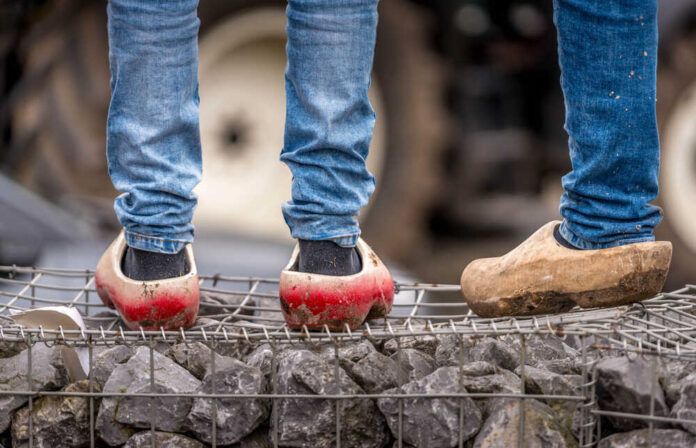
The shocking political victory by the Netherlands’ pro-farmer party in the nation’s recent election called for changes to be made in the country’s radical green agenda.
That’s the conclusion of Pieter Heerma, the parliamentary leader of the Christian Democratic Appeal (CDA) party. He said “adjustments” are necessary in the climate-related restrictions imposed by the government that sparked widespread anger.
The FarmerCitizenMovement (BBB) party pulled off a stunning upset in the nation’s provincial elections earlier this month. Many voters were disgusted at their political leaders and their blind devotion to the green dictates of the European Union.
The state was prepared to close thousands of Dutch farms, by force if necessary, to comply with the edicts.
The TRUTH about the Dutch farmers🇳🇱🚜
The state wants to SEIZE their farms to meet new climate goals.
Farmers are at the forefront standing up against the globalist agenda.
That's why the elites hate them.
RETWEET if you support the farmers👇https://t.co/mUJl1qQ1TN
— PeterSweden (@PeterSweden7) March 19, 2023
That plan is presumably on the backburner after the BBB became the largest party in the upper house of parliament. The party only came into existence in 2019 to protest draconian measures by the government to slash nitrogen emissions.
The government intended to buy out thousands of farms and dramatically cut the number of livestock.
Though it began as a rural movement centered on the country’s significant agricultural industry, its appeal rapidly spread across the nation. Last week’s election saw the highest voter turnout in years.
Heerma admitted the green agenda must change. “There is a new reality,” he said, “and the government has to relate to that.”
Some within the coalition government reject the notion that an adjustment in priorities is a must. Democrats 66, a rival party to the BBB, insisted that the goals to close numerous farms and institute changes that will make others unprofitable must be met.
D66 leader Jan Paternotte said, “We clearly stated before the elections what we think is necessary to solve the nitrogen crisis and we still think so. The plan to forcibly close farms, Paternotte declared, must “go on.”
It is still likely there will be nitrogen cuts in the Netherlands, and some may harm farmers who already face an uncertain future.
Dutch farmers are already struggling with inflation pushing the prices of fuel and fertilizer higher, and radicals’ plans to shut them down was the last straw. This anti-globalist movement is a breath of fresh air in the EU, which until now has been dominated by oppressive environmental initiatives.













